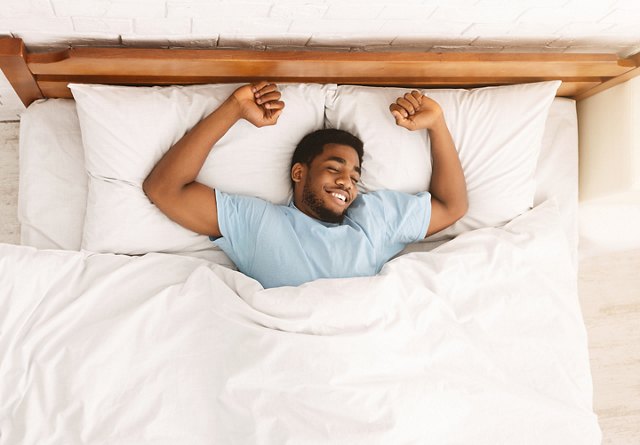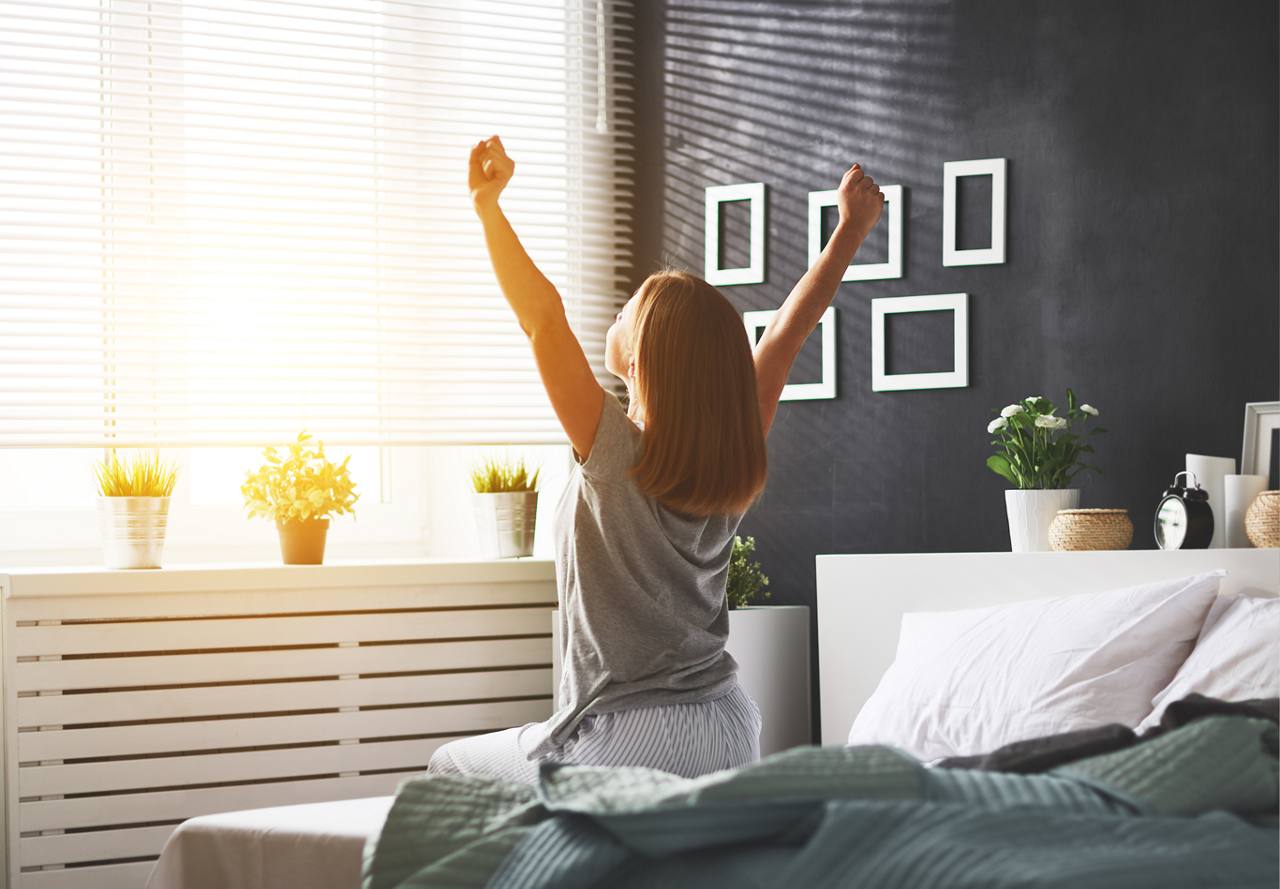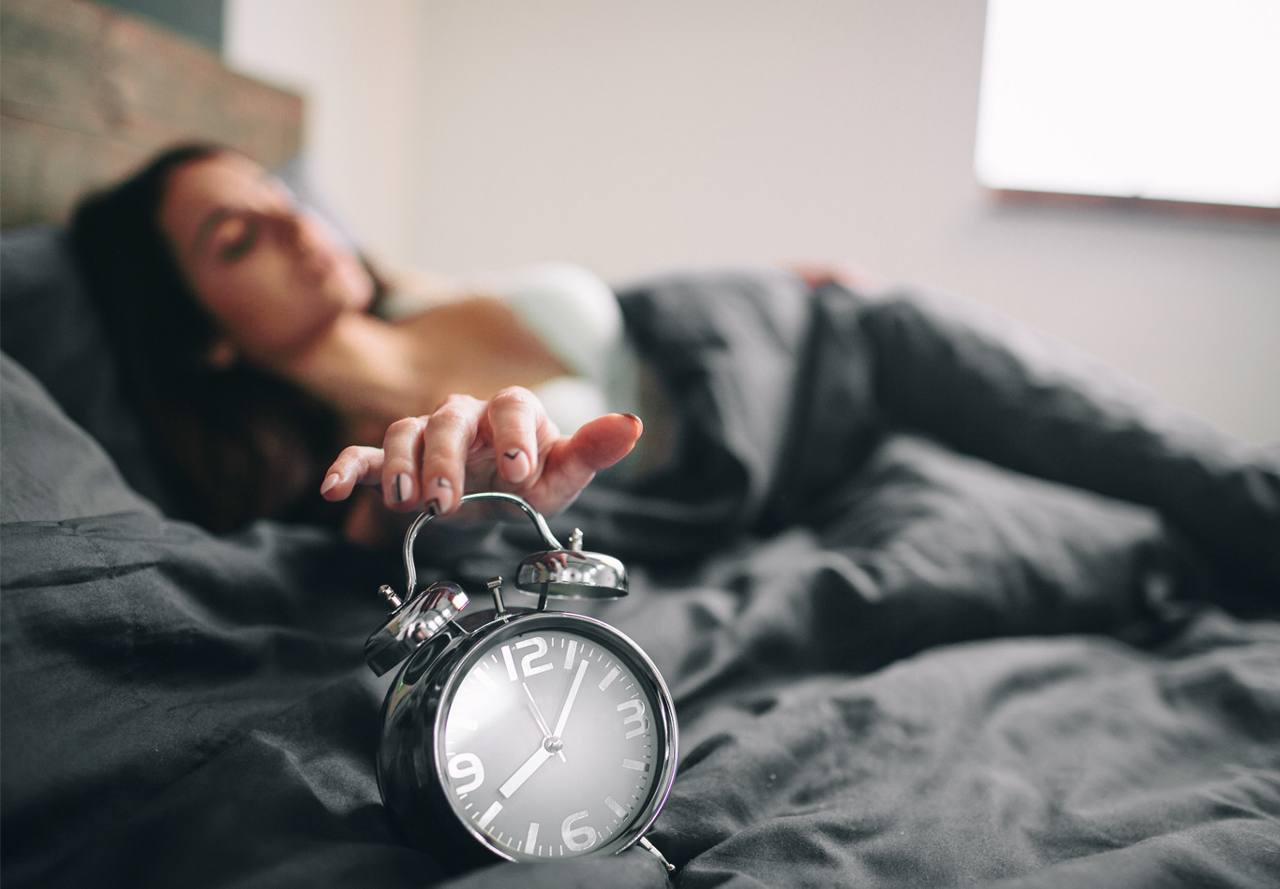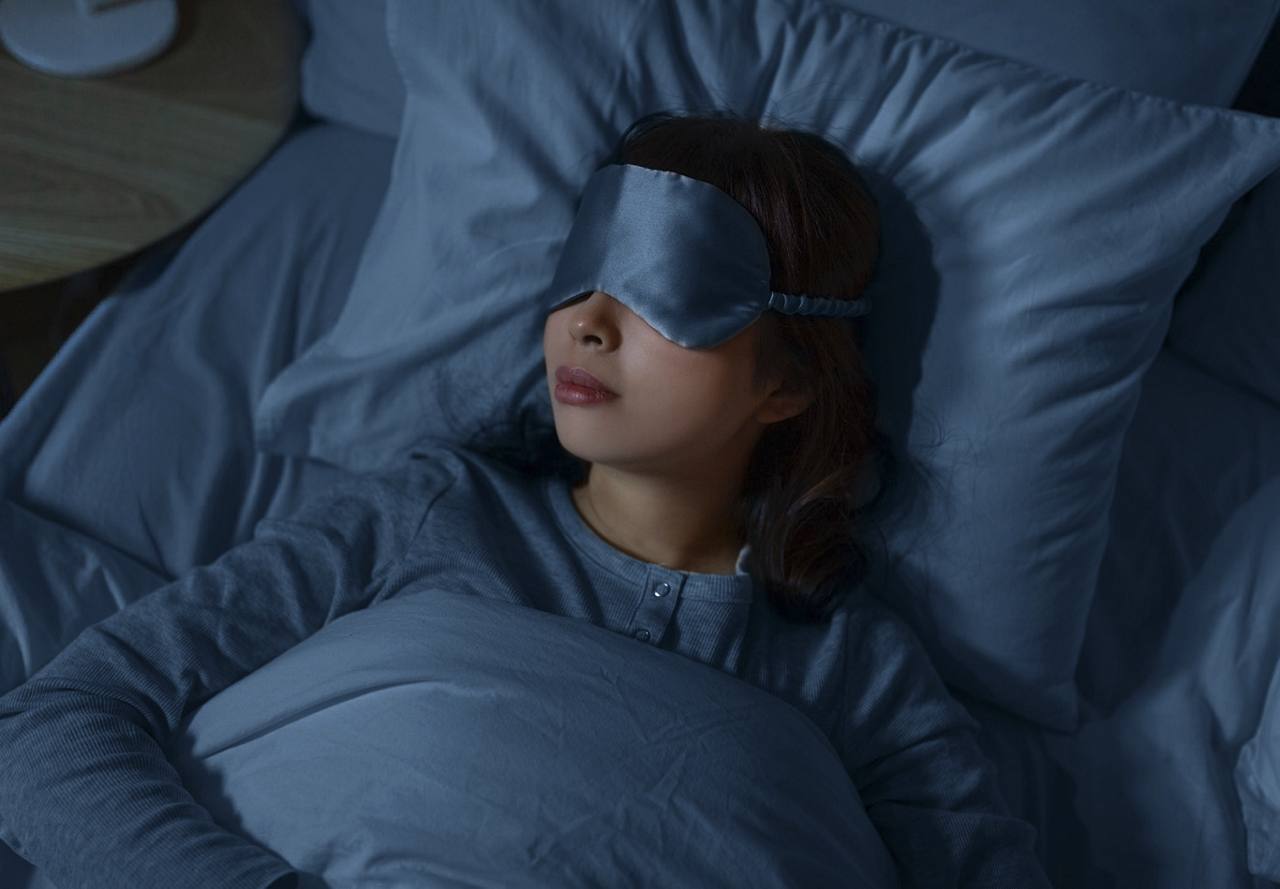5 Tips for a Better Night's Sleep
- Getting a sufficient amount of sleep is just as important as maintaining a healthy diet and exercising regularly. Research shows that insufficient rest can have immediate negative impacts on hormone levels, cognitive function, and exercise performance. On the other hand, quality sleep can lead to reduced food consumption, enhanced physical activity, and improved overall health. If you're looking for ways to improve your sleep at night, here are five recommendations backed by science.
- Test on Staging site
1. Increase Light Exposure During the Day
The circadian rhythm is your body's internal clock that regulates sleep and wake cycles through brain, hormone, and physical activity coordination. Ensuring that you are exposed to natural sunlight or bright light during the day can help keep it in check. Proper light exposure leads to increased energy during the day and better sleep at night, even for those with insomnia. Incorporating daily light exposure into your routine, whether from natural sunlight or artificial lighting, may enhance your sleep quality, even if you do not suffer from severe sleep problems.
2. Reduce Screen Time at Night
Exposure to light during the day can be beneficial, but nighttime exposure to light can have the opposite effect. The most harmful type of light in this context is blue light, which is emitted in high quantities by electronic devices such as smartphones and computers. To reduce exposure to blue light at night, there are several effective measures you can take, including wearing blue light-blocking glasses, installing a blue light-blocking app on your smartphone, and refraining from activities such as watching TV, using your phone, and turning off any bright lights at least two hours before bedtime.
3. Stick to a Regular Sleep Schedule
Your body follows a fixed cycle that aligns with the timing of sunrise and sunset. Maintaining consistent sleep and wake times can improve the long-term quality of your sleep. Studies have shown that individuals with erratic sleeping schedules often experience poor sleep quality. Irregular sleep patterns can also disrupt the circadian rhythm and melatonin levels, which signal your brain to sleep. Establishing regular sleep and wake times can be beneficial if you have trouble sleeping. You may even begin to wake up naturally without an alarm clock over time.
4. Create an Ideal Sleep Environment
Many believe that the quality of sleep one receives is closely tied to the atmosphere of their bedroom. Key factors to consider for a good night's sleep include the temperature, noise level, external lighting, and furniture arrangement. Research shows that noise, particularly from sources like traffic, can disrupt sleep patterns causing negative long-term health effects. Optimize your sleep environment by minimizing external noise while avoiding artificial light sources like alarm clocks. Establishing a peaceful, clean, and comfortable sleep environment will help you achieve better quality rest in no time.
5. Avoid Exercise Before Bed
Exercise is a scientifically supported way to improve both sleep and overall health. Studies have shown that exercise can enhance all aspects of sleep, and it has even been used as a treatment for insomnia. Specifically, exercise has been found to reduce the time taken to fall asleep and increase total sleep time. For individuals with severe insomnia, exercise may be more effective than certain medications, reducing time to fall asleep, total night wakefulness, and anxiety. It's important to keep in mind that performing exercise too late in the day can have stimulating effects that may disrupt sleep. While some studies suggest that there are no negative effects, individual outcomes may vary.
When it comes to your health and wellness, sleep should never be underestimated. If you're committed to living a healthy and fulfilling life, make sure to prioritize getting high-quality sleep each night.
Trust Greystar to help you find an apartment that fosters restful sleep and makes you feel truly at home.
The information presented on or through this Website is made available solely for general information purposes. We do not warrant the accuracy, completeness, or usefulness of this information. Any reliance you place on such information is strictly at your own risk. We disclaim all liability and responsibility arising from any reliance placed on such materials by you or any other visitor to this Website, or by anyone who may be informed of any of its contents. Any reference to amenities, services, rules, policies, or procedures at a Greystar apartment community is general in nature, and each Greystar apartment community may have amenities, services, rules, policies, and procedures that differ from those referenced on this Website. Please consult with your Greystar apartment community for the exact amenities, services, rules, policies, or procedures applicable.
This Website may include content provided by third parties, including materials provided by other users, bloggers, and third-party licensors, syndicators, aggregators, and/or reporting services. All statements and/or opinions expressed in these materials, and all articles and responses to questions and other content, other than the content provided by Greystar, are solely the opinions and the responsibility of the person or entity providing those materials. These materials do not necessarily reflect the opinion of Greystar. We are not responsible, or liable to you or any third party, for the content or accuracy of any materials provided by any third parties.










